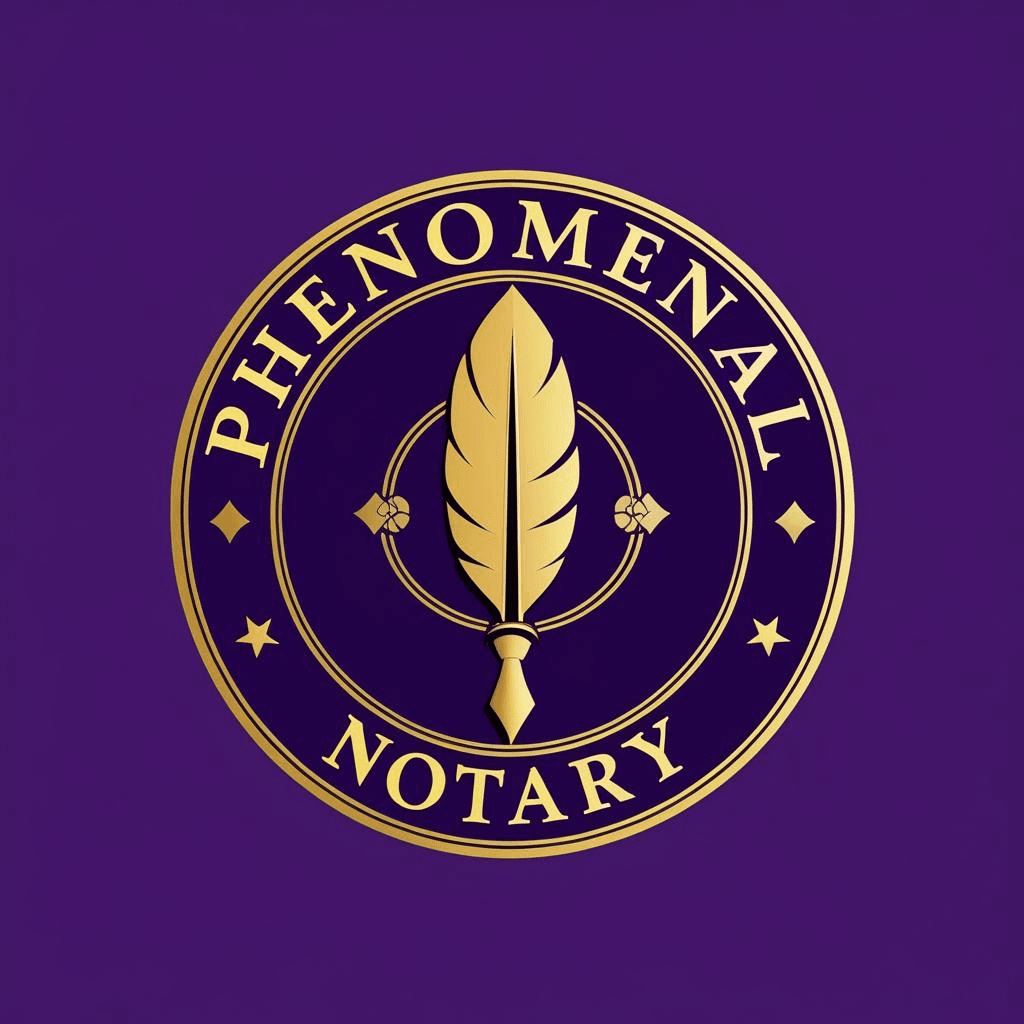Why Notarization Matters in Estate Planning
When it comes to estate planning, many people focus on drafting wills, trusts, and powers of attorney—but overlook one critical step: notarization. Even the most carefully prepared documents can be questioned or rejected if they lack proper formalities. This is where a notary public plays a vital role.
Authenticity and Legal Validity
A notary’s primary responsibility is to confirm that the person signing is who they claim to be. Using valid, government-issued identification, the notary verifies identity, ensures the signer is acting willingly, and checks for sound mental capacity. Once the document is signed, the notary’s seal adds an official record of authenticity—helping courts and financial institutions trust that the document is valid.
Fraud Prevention
Unfortunately, estate planning can sometimes bring out disputes. A notary helps deter fraud by keeping a detailed journal of each act, including dates, identification methods, and signatures. This paper trail can serve as crucial evidence if questions arise later, helping to protect assets and families from costly litigation.
Peace of Mind for Families
End-of-life documents often carry emotional weight. Having them notarized provides reassurance that your wishes are documented and protected. For families, this step can minimize confusion or conflict, offering peace of mind during difficult times.
Bottom Line: Notarization adds a layer of security, trust, and legitimacy to estate planning documents. It’s a small step that can make a big difference in ensuring your wishes are honored.
